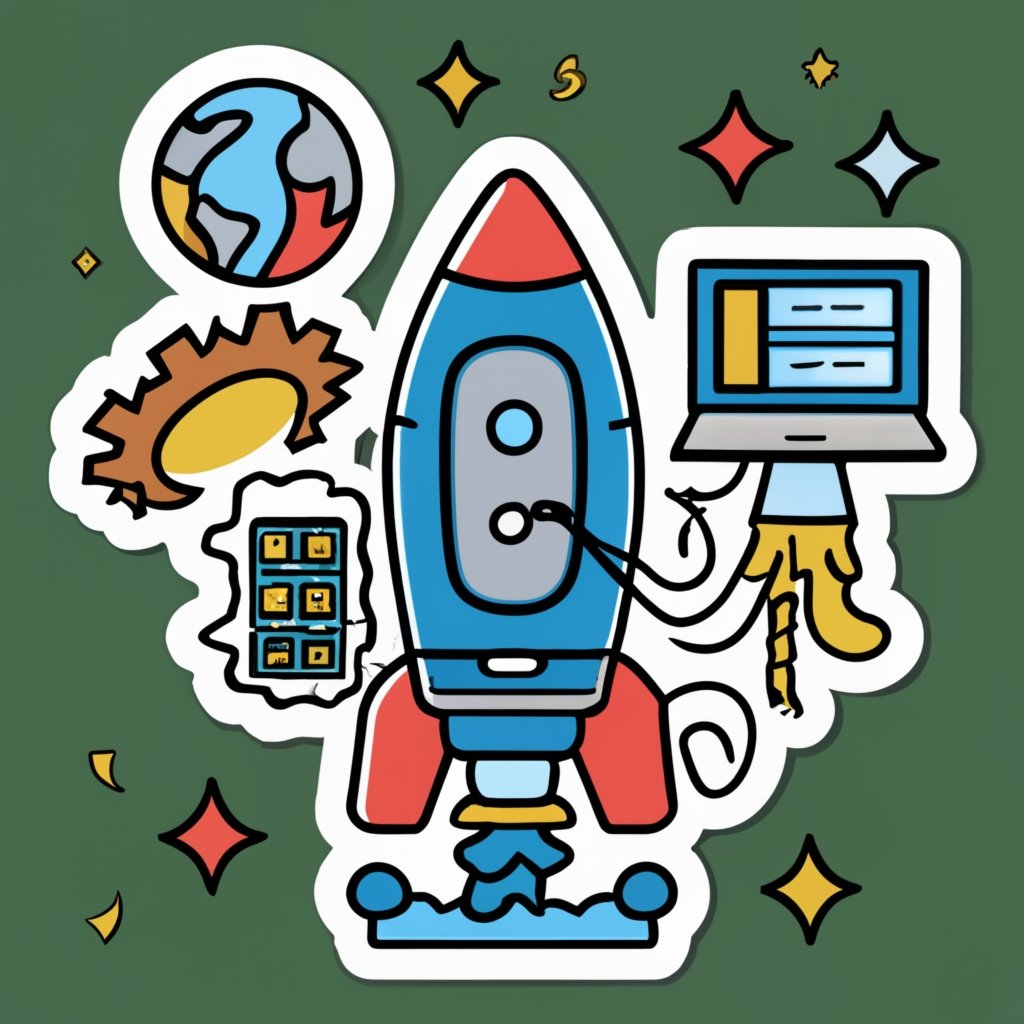Games are inherently interactive and provide immediate feedback, making them an ideal medium to explore and practice coding skills in a fun and motivating way.
User Experience (UX) Design Introducing students to user experience (UX) design principles within the context of game development can help them learn the importance of creating intuitive interfaces and engaging gameplay mechanics. By designing user interfaces (UI) and interactive elements for their games, students can apply coding concepts such as variables, conditional statements, and event handling to create dynamic and user-friendly experiences.
Problem-Solving and Critical Thinking Game design encourages students to think logically and strategically to solve complex problems. By presenting coding challenges in the form of game development tasks, students can hone their problem-solving and critical thinking skills. Encouraging experimentation and iteration in game design promotes a growth mindset, where students learn from failures and persist in finding solutions.
Creativity and Innovation Games offer ample opportunities for creativity and innovation, allowing students to express their unique ideas and storytelling through coding. By introducing concepts such as game mechanics, level design, and character development, students can explore different coding functions and algorithms to bring their creative visions to life. Encouraging creativity in game design fosters a sense of ownership and pride in students' coding projects.
Collaboration and Communication Game development often involves collaboration among team members with diverse skills and perspectives. Introducing collaborative coding projects in an introductory course can help students learn how to work effectively in teams, distribute tasks, and communicate their ideas clearly. Through peer feedback and group discussions, students can enhance their coding skills while sharpening their communication and collaboration abilities.
-
Add a short summary or a list of helpful resources here.
